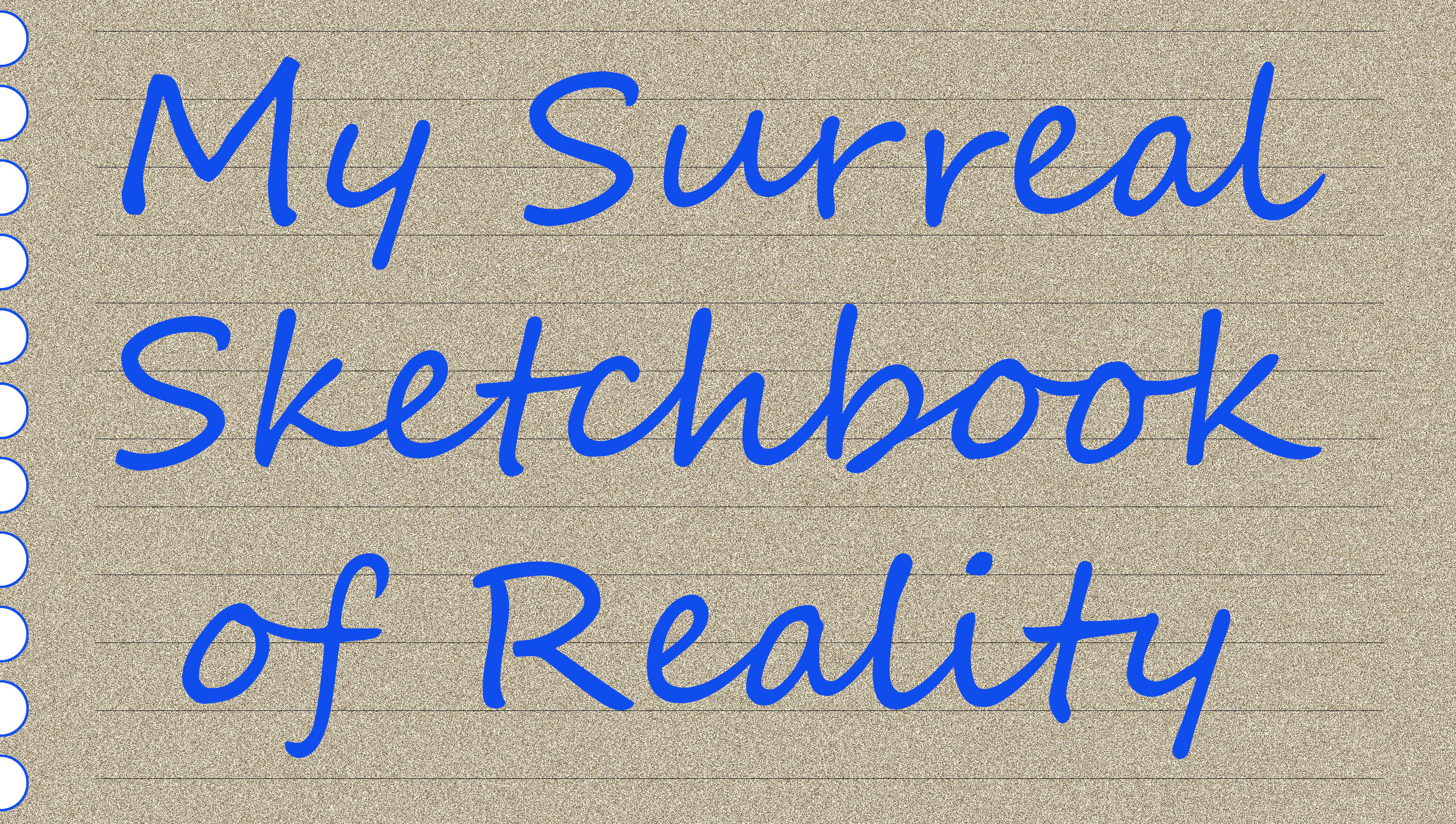Snow – a 100 word story
The snow has been falling, dripping on my heart for days, and it is now frozen. No sound is coming out, no internal clock ticking, clicking the days of my mortal prison away. Gone are the days, chased by time rushing by, washing me away in its clockwork tide, forgotten in a prison of ice. The rain will wash my pain away, leave me clean, cold and still. I’m forever blue, in a crystalized ice cage, here I stay, unmoving, uncaring, for all my cares are gone, forgotten, as I forever sleep, with a frozen heart, buried under deep snow.
—–
Hi there and thanks for stopping by. I’m Guy, and you’re listening to my surreal sketchbook of reality.
—–
Episode 13, Clockwork Tide
Some say that everything that happens is predetermined by cause and effect. Some say it’s all just random events. This episode Is a semi-philosophical look at determinism, causation, and randomness. I’m not a professional philosopher by any means and my approach can be quite absurd, illogical and not at all that serious, so – you’ve been warned. Do not take this podcast too seriously. If you tend to take things too seriously, this might not be the podcast for you. Seriously. I mean it. Find another podcast to listen to.
You’re still here? Good. Let’s talk about randomness versus determinism. First, let’s look at randomness as reflected by chaos geometry which derives from chaos theory. Chaos theory studies the mathematics of randomness. While studying random numbers, it was discovered that those numbers follow the same pattern of many natural occurrences. Many of the natural things that appear random actually have a method within them and that method follows chaos geometry. If you look at the edge of a random shape, let’s say – a cloud, you would see shapes that resemble the shape of the whole cloud, only smaller and not exactly the same, just resembling the whole cloud. That is true for any random thing you would look at, from the shape of a snowflake to the way the weather behaves. Things that appear random seem to hold the seed of themselves. That is the essence of chaos geometry and it suggests that nothing is truly random.
Next, let’s look at cause and effect. When clouds collide it causes a release of an electrical charge, that manifests itself in the form of thunder and lightning. If that electrical charge hits something, let’s say a tree, it can cause the tree to catch on fire. If the tree is close to other trees they can also catch fire and you can get a forest fire. This is called a chain of events. In this chain of events, colliding clouds caused a forest fire. The question is, where do chains of events start and when do they end? You can take the events further and see what happens after the fire is over or go back and see how the clouds were formed in the first place. Events don’t start with one event or finish with another, they are a continuous progression of one event leading to another with lots of side events branching from them. Determinism says that events can only go one way. There is really only one option for the events to unfold. For example, the only thing that can possibly happen now is that I take a break. I’ll be right back.
—–
The Chair – a 100 word story
“Address the chair,” said the head table. “I beg to differ” uttered the chest of drawers but the cupboard shushed her. The respectable window curtain walked in. An appreciative silence filled the room. A sofa moaned. “I think that sofa ate too much last night” whispered a bed to a cabinet. The cabinet just shrugged and said “that sofa would be very hungry when there is no food left. There is a limited amount of unsuspecting people around you know.” The chair cleared his throat and said: “We hold these truths to be self-evident: That all furniture are created equal…”
—–
Welcome back. Determinism tells us that everything has a cause and effect that can only lead one way. You can’t really prevent that forest fire. There is no real choice. If we get all the facts about what causes what we can mathematically calculate all the causes and effects and accurately predict the future. The problem is that we can’t collect all the causes and all the effects. There are just too many of them.
Another question that comes to mind is if everything is really predetermined, do we really make decisions? Is there such a thing as free will? The same way that a forest fire is caused by clouds colliding, our thought process is determined by a combination of what we experience and the structure of our genome. Everything we are is determined by some outside force or by the way we are physically built. If you want to believe in free will, you could say that we can decide what we take in from our environment and what we decide to use to build our self-identity. Even if this is an illusion and we don’t really decide, I believe we should try to become a better version of ourselves. That is because this is who I am. I believe that we should strive to leave the world in a better state then we got it. It doesn’t matter if things are predetermined or not. It is the choices we presume to make that matter, and we should not act as if the world is deterministic. We should embrace the illusion of choice and make a better world for ourselves. This concludes episode 13 of this podcast. Close the door on your way out and don’t forget – I’m just a figment of your imagination.
—–
